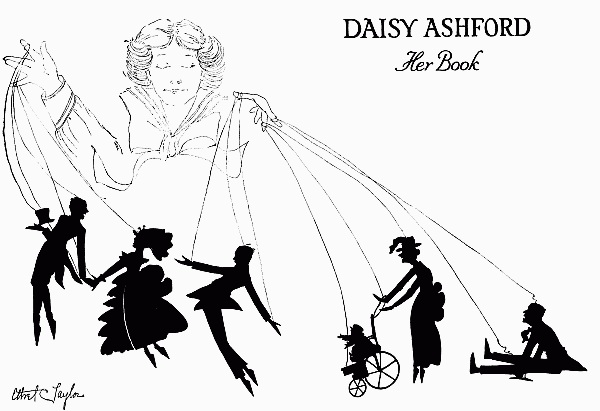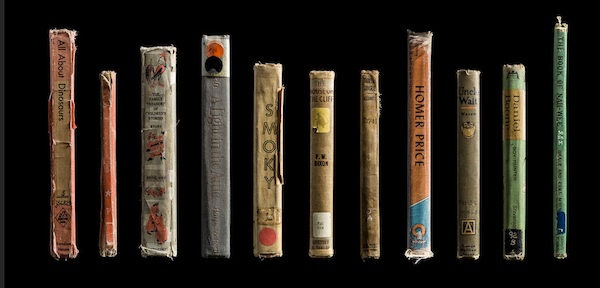For the first time ever,Dear Utol: Catfish Episode 46 a Muslim woman wearing a hijab was pictured in the historically risqué pages of Playboy.
But it wasn't the kind of spread the publication is famous for. Along with her headscarf, Tagouri wore a leather jacket with jeans and sneakers. And the real focus was on her words.
SEE ALSO: Why this Muslim teenage girl created a hijab emoji
It's here! I'm honored to share that @Playboy has named me a 2016 #Renegade and has featured me in their piece!! *LINK IN BIO* 📸: @gokateshoot
The magazine named her one of its 2016 Renegades, a series honoring men and women in industries from media and porn to comedy and video game development. It's part of Playboy'sno-nude efforts since it stopped publishing naked photographs last October.
Playboydescribes Tagouri as a woman on the road to becoming the first hijab-wearing news anchor in the U.S., calling her "a badass activist with a passion for demanding change and asking the right questions, accompanied by beauty-ad-campaign looks."
An on-air reporter for Newsy, Tagouri spoke to Playboyabout modesty, the emotional challenges of journalism, prejudice against Muslim-Americans in the current political climate, and breaking glass ceilings.
CARD ID: 94371
As a journalist, Tagouri said gaining the trust of interviewees is something she's equipped to do, given her own struggles.
"To be honest, I think being a hijabi Muslim woman, helped me gain that trust," she told Playboy. "I know what it’s like to have the narrative of our community be skewed and exploited in the media. I was like, 'Hey, I know what it’s like to be misrepresented in the media. I won’t do that to you. I want to tell your story because it’s important and deserves justice.'"
On social media, Tagouri has gained something of a cult following. Back in 2012, her campaign for advocating individuality called #LetNoorShine went viral. The hashtag has come back to life since her Playboyfeature, along with other shows of support.
Can we just appreciate the fact that @NTagouri is the EPITOME of feminism? Unapologetically muslim. Unapologetically female. #LEGENDARY.
— tooba warraich (@toobawarraich_) September 26, 2016
CARD ID: 94339
CARD ID: 94336
CARD ID: 94363
Her Youtube channel, packed with documentary news stories and footage from trips to countries such as Morocco and Turkey, draws tens of thousands of viewers. She has 29,000 followers on Twitter and 156,000 on Instagram, where she posts about her lectures at colleges around the country, alongside selfies and funny videos.
CARD ID: 94367
CARD ID: 94368
!!جمعة مباركة being extra Arab today w my Arabic number watch from, @arabiancorner.watches!! •• also, releasing a cool @newsyvideos story today on Middle East/North African Americans...(note: 'Middle Eastern' and 'Arab' are NOT interchangeable terms...not everyone from the Middle East is Arab.)
Originally from West Virginia, Tagouri is the child of Libyan immigrants and graduated from college at the age of 20, Playboyreported.
Her feature in Playboy is a historic moment, but also one's that been met with some criticism.
I don’t agree with @NTagouri appearing in a magazine that has unapologetically profited off the sexualisation and objectification of women.
— Lina - سيرين (@Lina_Serene) September 25, 2016
@MazMHussain @ruqxx @NTagouri playboy historically dehumanizes and sexualizes women. How is this beneficial?
— Ammar Alwattar (@Ammar_Al_H2O) September 24, 2016
But the support she gained across Twitter and other outlets remained strong. In Slate, Aymann Ismail wrote that Tagouri's appearance in Playboy should be applauded for the barriers it breaks for Muslim women.
"Far too often, Muslim women are being told how to dress and behave by groups who are neither women nor Muslim," Ismail wrote. "Men in Saudi Arabia have constructed laws forcing women into a strict dress code that is simultaneously banned by men in France."
Last year, Tagouri gave a TEDx talk where she spoke about her struggles growing up Muslim in a town where almost no one else was. She called it a "paralyzing identity crisis" that led her to embracing her religion more later in life.
"I am the voice that explains my religion," she said, explaining that she makes sure the news outlet she works at reports on terrorism "in a way that does not generalize the Muslim population."



